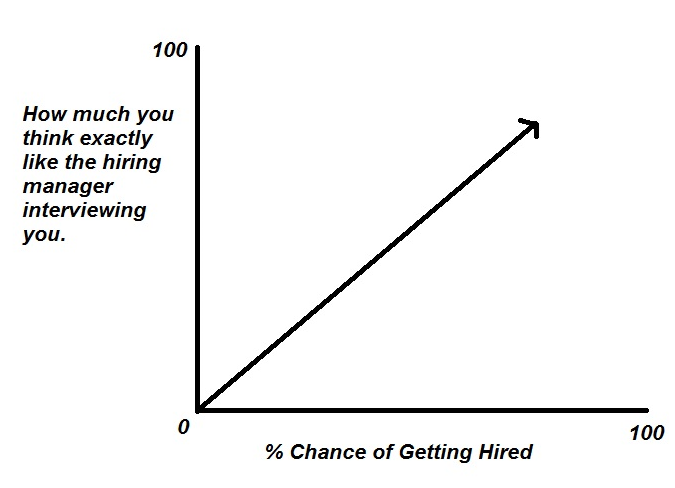For twenty years, I’ve been hiring and firing people. I’ve been lucky enough to have some great performers, a bunch of good performers and an also a few crappy performers. It seems like every time I turn; someone has an answer for me on how to hire better. For years I have given the advice if all else fails, hire smart people. It’s not a bad strategy. For the most part, if you hire the smartest ones of the bunch, you’ll have more good performers, than bad performers. I’m talking pure intelligence, not necessarily book smarts.
But, just hiring smart people still isn’t perfect. I want to hire good, or great, people every single time. How do you do that? That’s the million dollar question.
To me there is one trait we don’t focus enough on, across all industries. Optimism.
Your ability to look at the situation and come up with positive ways to handle it. Think about your best employees, almost always there is a level of optimism they have that your lower performers don’t.
I can’t think of one great employee I’ve ever worked with that didn’t have a level of optimism that was at least greater than the norm. They might be optimistic about their future, about the companies future, about life in general. The key was they had optimism.
Optimistic people find ways to succeed because they truly believe they will succeed. Pessimistic people find ways to fail, since they believe they are bound to fail. This hiring thing can be difficult. Don’t make it more difficult by hiring people who are not optimistic about your company and the opportunity you have for them. Ask questions in the interview that get to their core belief around optimism:
– Tell me about something you’re truly optimistic about in life? (Pessimistic people have a hard time answering this. Optimistic people will answer quickly and with passion.)
– Tell me about a time something you were responsible for went really bad. How did you deal with it?
– The company has you working on a very important project and then decides to cancel it. How would you respond?
Surrounding yourself with optimistic people drives a better culture, better teams, it’s uplifting to your leadership style. I want smart people, but I truly want smart people who are optimistic about life. Those people change the world for the better, and I think they’ll do the same for my business.



